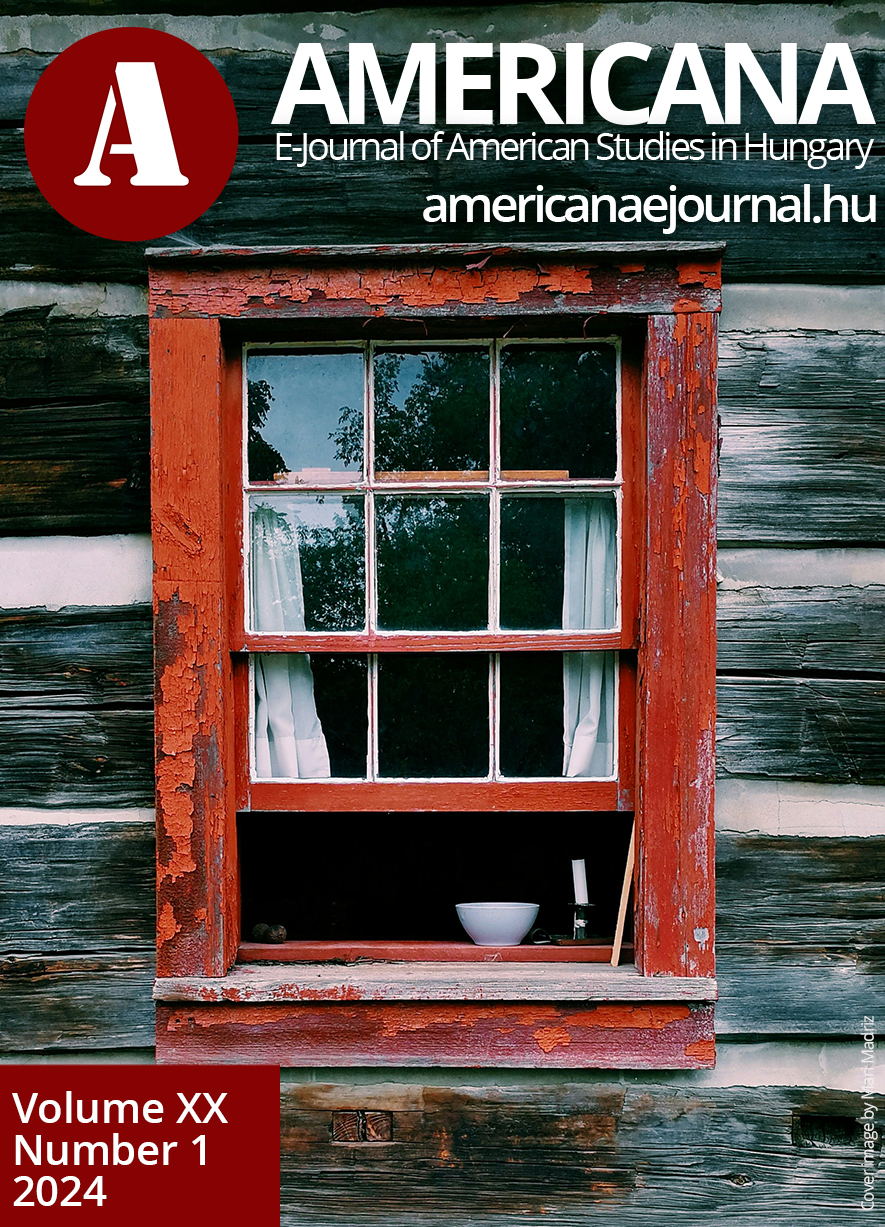Ruins of the Future The Crisis of Communication in Jennifer Egan’s The Candy House
Main Article Content
Abstract
Exploring the topics of humanism and posthumanism, Jennifer Egan’s The Candy House depicts a futuristic society dominated by social media and its services, as introduced by the media corporation Mandala. The themes of the erasure of the private space and subjectivity are deeply intertwined with the crisis of communication since the social media in this novel serves as the mediator
between people and their friends, ancestors and their descendants, as well as contemporaries and even loved ones. The overarching crisis of communication in the novel extends even to those who attempt to exist outside of the social media reality, both quotidian and academic, proving communication to be equally prone to failure in whatever setting in the futuristic world of Egan’s America. Following the ideas of Jean Baudrillard, Martin Heidegger, Don DeLillo, as well as Hans-Georg Gadamer and Paul Ricoeur, this paper aims to highlight the crisis of narrative and the narrative of crisis within the domain of communication in The Candy House, focusing on the clash between the human and posthuman experience in the mass media dictated world.
Downloads
Article Details

This work is licensed under a Creative Commons Attribution-NonCommercial 4.0 International License.

